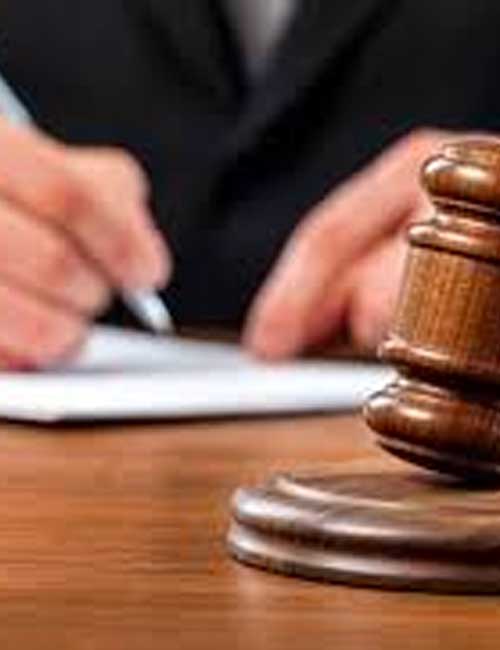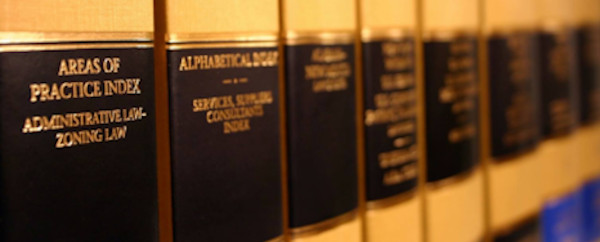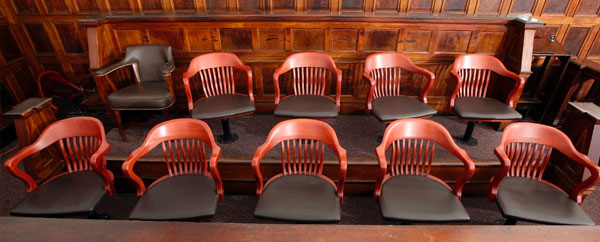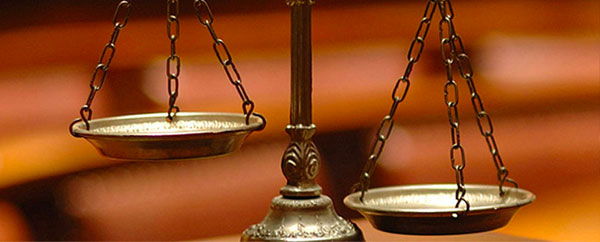Texas Legal Process:
Motions Practice
What is a Motion?
A motion is a formal request made to the Court by the State or the Defense to attempt to change something in your case before a trial. These requests must be filed with the Court, giving advance notice to both sides and an opportunity for the Court to consider arguments from both sides before making a decision.
Motion practice is an extremely important part of the process. Criminal cases can take a long time to resolve. While a case is moving through the court, you could be under rules that become unnecessary or do more harm than good. Filing a motion to change these rules is the only opportunity for the Judge to re-evaluate your circumstances. Filing motions allow your attorney a chance to let the Court know more about you as a person and can dramatically change your situation while your case moves through the system.

Filing a motion for the Court is typically handled in the following way:
- Your attorney will speak to you about what you are seeking to change, such as bond conditions.
- After gathering necessary information, your attorney will write a motion (an official request) asking for the changes discussed.
- Your attorney will file the motion with the county clerks office and request a hearing.
- The Court will grant a hearing to allow both sides an opportunity to present evidence and arguments before making a decision.
- A hearing is a live proceeding in Court where both sides can submit evidence to the Judge to support the requested changes. Your hearing is your opportunity, through your attorney, to change things to your case.
- Your attorney may present witnesses or documentary evidence to support your request.
- After the hearing, the Judge will consider all the evidence and make their ruling.
Motions practice can profoundly affect your life while your case is moving through the Court system. It is an opportunity that should not be squandered. You need an attorney who is prepared, knowledgeable and ready to fight for you at every stage.
- Frequent motions regarding bonds:
- Motions to reduce your bond amount.
- Motions to amend your bond conditions.
- Frequent motions regarding probation:
- Motions to amend probation conditions if you are on probation.
- Motions to end a probation term early.
- Frequent motions regarding evidence:
- Motions to suppress evidence illegally seized in your case.








